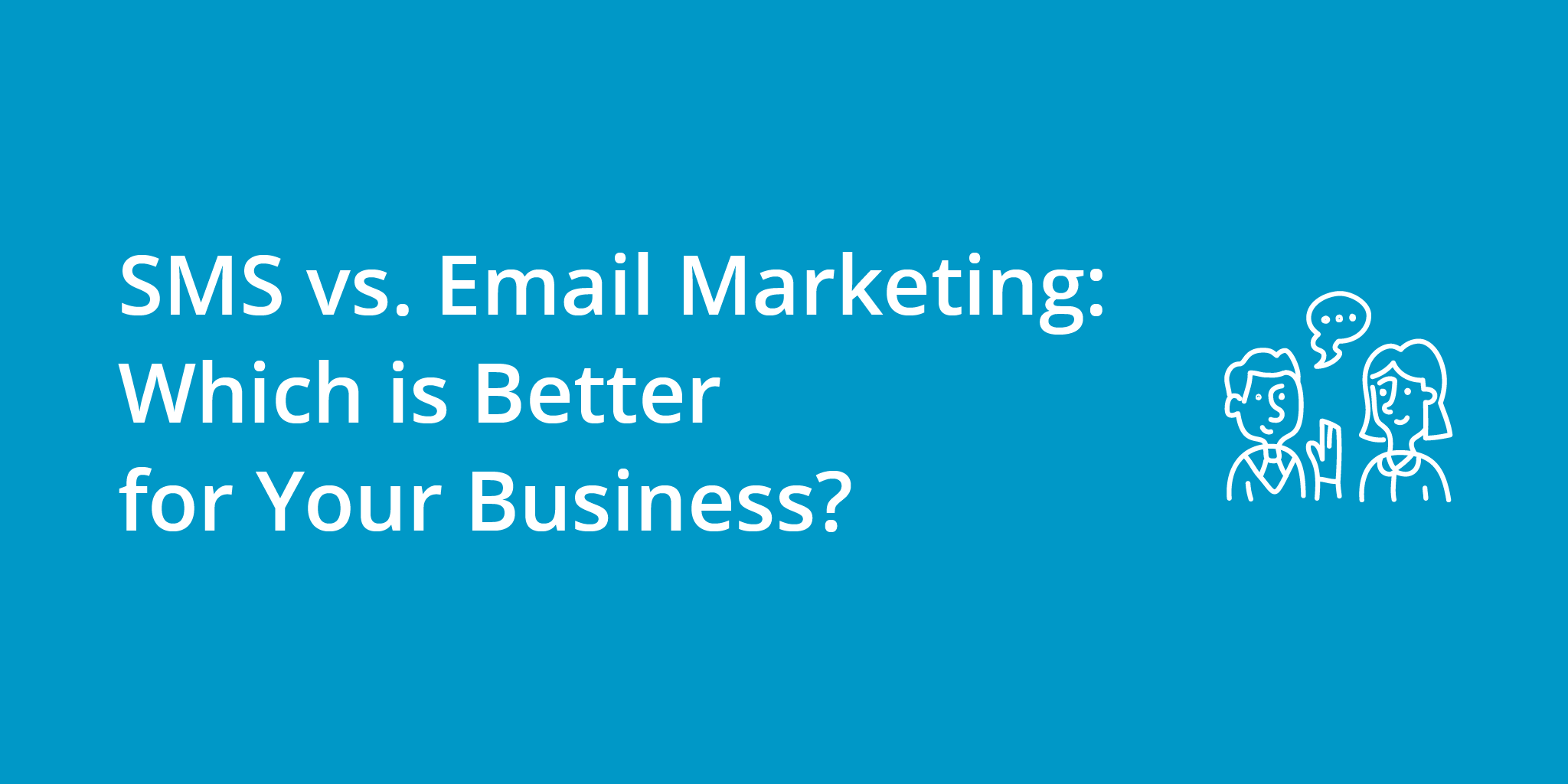
SMS has become an increasingly popular way for businesses to communicate with customers. It offers a number of advantages over traditional methods such as phone calls or emails. For one, it is much more efficient, allowing businesses to quickly reach a large number of people without tying up customer service lines. SMS is also much more convenient for customers, who can receive updates and notifications without having to check their email or make a phone call. In addition, SMS offers businesses a way to track customer interactions and gauge interest in products or services. As a result, it is not surprising that SMS is playing an increasingly important role in the world of business communications.
What’s more, the number of businesses and consumers that are using SMS to communicate is growing. In 2022, 57% of business owners say the number of their prospects and customers who have opted-in to receive SMS messages has increased, as compared to 2021. Over 60% of consumers also want the ability to text a business back, and have a two-way conversation instead of just an auto-reply.
So with all these awesome statistics in mind…is SMS a no-brainer for your business? Maybe.
SMS may be a quick and easy way to communicate, but when it comes to building a relationship with customers, traditional methods like email and phone calls are still the gold standard.
SMS is often used for brief, one-time messages, such as alerts or reminders. But when businesses want to cultivate a long-term relationship with customers, email is the better choice. Email allows businesses to send more detailed information, such as newsletters, product updates, or special offers. And because customers can choose when and how often to check their email, they have greater control over the frequency and quantity of communications they receive.
Let’s take a closer look at the benefits and drawbacks of SMS and email communication, so you can decide which communication channel is best for your business (or maybe it’s both!).

Benefits of Business SMS
SMS messaging is a powerful communications tool that offers a number of advantages for businesses. SMS messages can be sent quickly and easily, and they’re often read within minutes of being received. This makes SMS an ideal way to send time-sensitive information, such as appointment reminders or special offers. SMS messages are also less likely to be ignored than other forms of communication, such as email or social media. In addition, SMS messages can be personalized to each recipient, making them feel more valuable and connected to the business. To recap:
- Quick and easy to send messages
- Can reach a large number of people quickly with bulk SMS
- Convenient for customers
- Higher open and click through rates than email
- Allows businesses to track customer interactions
- Can be used for faster customer support
- Can be automated for new lead follow-up
Drawbacks of Business SMS
SMS marketing also comes with some negative aspects. For one, SMS messages can be intrusive and disruptive, especially if they are unsolicited. Additionally, SMS marketing can be expensive, as businesses must pay for each SMS message that they send. There are also various SMS-specific rules that both brands and SMS service providers must follow in order to comply with TCPA and other regulations. To summarize:
- Can be seen as intrusive
- Limited character count can make it difficult to convey complex information
- Requires explicit opt-in from customers
- Can be expensive
- Service providers and businesses must follow strict regulations, especially in the US
Now that we’ve looked at both the benefits and drawbacks of SMS marketing, let’s compare them to email marketing.
Benefits of Email Marketing
Email has been around for longer than SMS, and it’s still one of the most popular ways for businesses to communicate with customers. Email offers a number of advantages, including the ability to send more detailed information, track customer interactions, and easily automate drip campaigns. Additionally, email is less expensive than SMS, and it isn’t regulated as tightly as SMS. To recap:
- Can send more detailed information
- Can be automated with email cadence software for in-depth follow-up sequences
- Tracks customer interactions (like opens, clicks, etc.)
- Less expensive than SMS
- Fewer regulations than SMS

Drawbacks of Email Marketing
Email also comes with some drawbacks. For one, email can be easily ignored or lost in a crowded inbox. Additionally, email messages are often sent to spam folders, which can make them difficult to find. Finally, email generally has a lower open rate than SMS. To summarize:
- Can be ignored or lost in a crowded inbox
- May be sent to spam folders
- Lower open rate and click through rate than SMS
- Slower response times than SMS
Which Is Better For My Business?
Now that we’ve looked at both the benefits and drawbacks of SMS and email marketing, it’s time to ask the key question: which one is right for your business? The best answer might be “it depends” – as it’s easy to find yourself considering both email and SMS communication based on the situation. Let’s take a look at some business use cases that would suit text messaging and email.
Here are a few common business use cases for SMS:
- appointment reminders
- customer service notifications
- order status updates
- shipping notifications
- sending coupons and discount codes
- short sales follow-up messages
Here are some common business use cases for email:
- communicate in-depth information with customers, partners, and employees
- send invoices, place orders, and track shipments
- schedule meetings and share files
- send lengthy updates, newsletters, and special offers
- gather feedback from customers
- resolve customer service issues
For more tips on how to get started with business SMS, as well as more examples, check out these additional resources. Good luck!
Business SMS 101: How To Get Started, Benefits, and Examples
You might also be interested in...

Read More
What is Revenue Operations?





